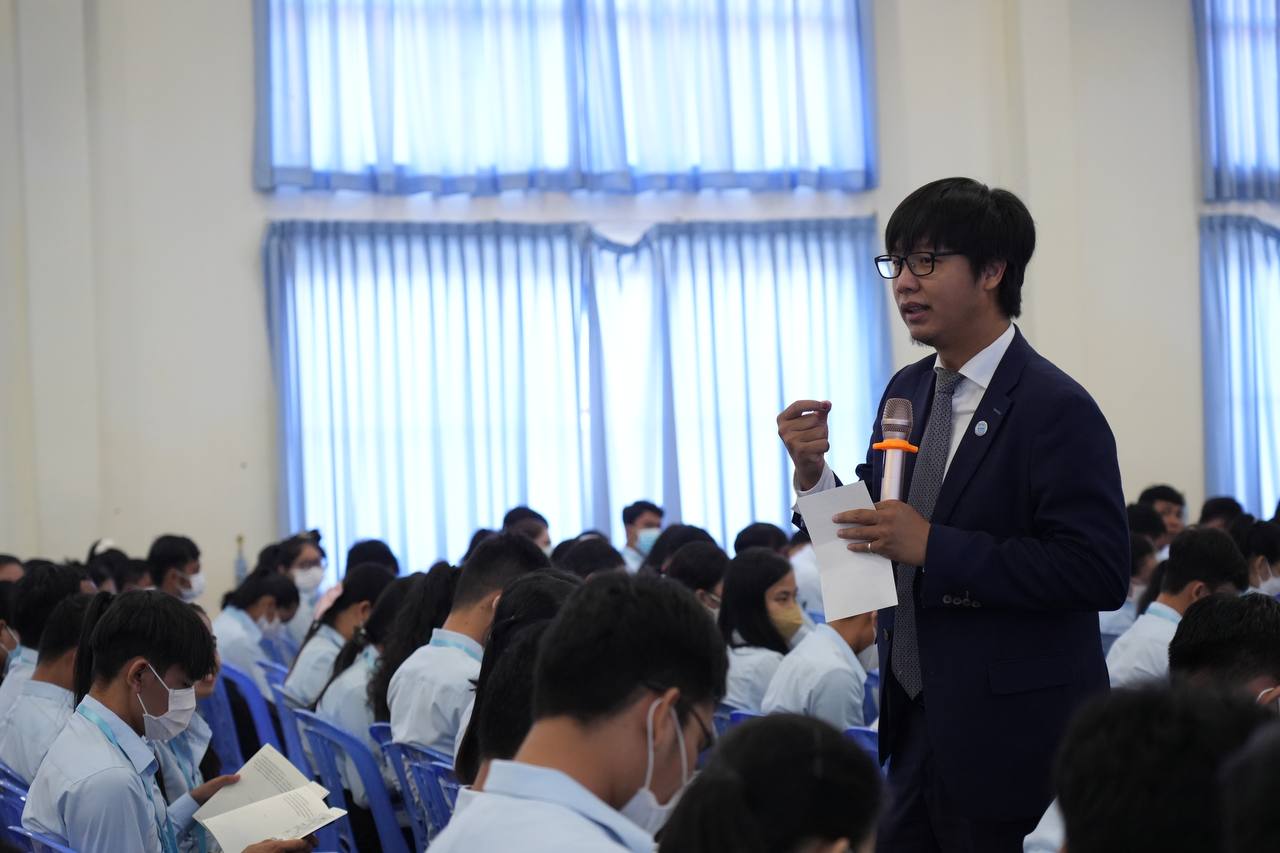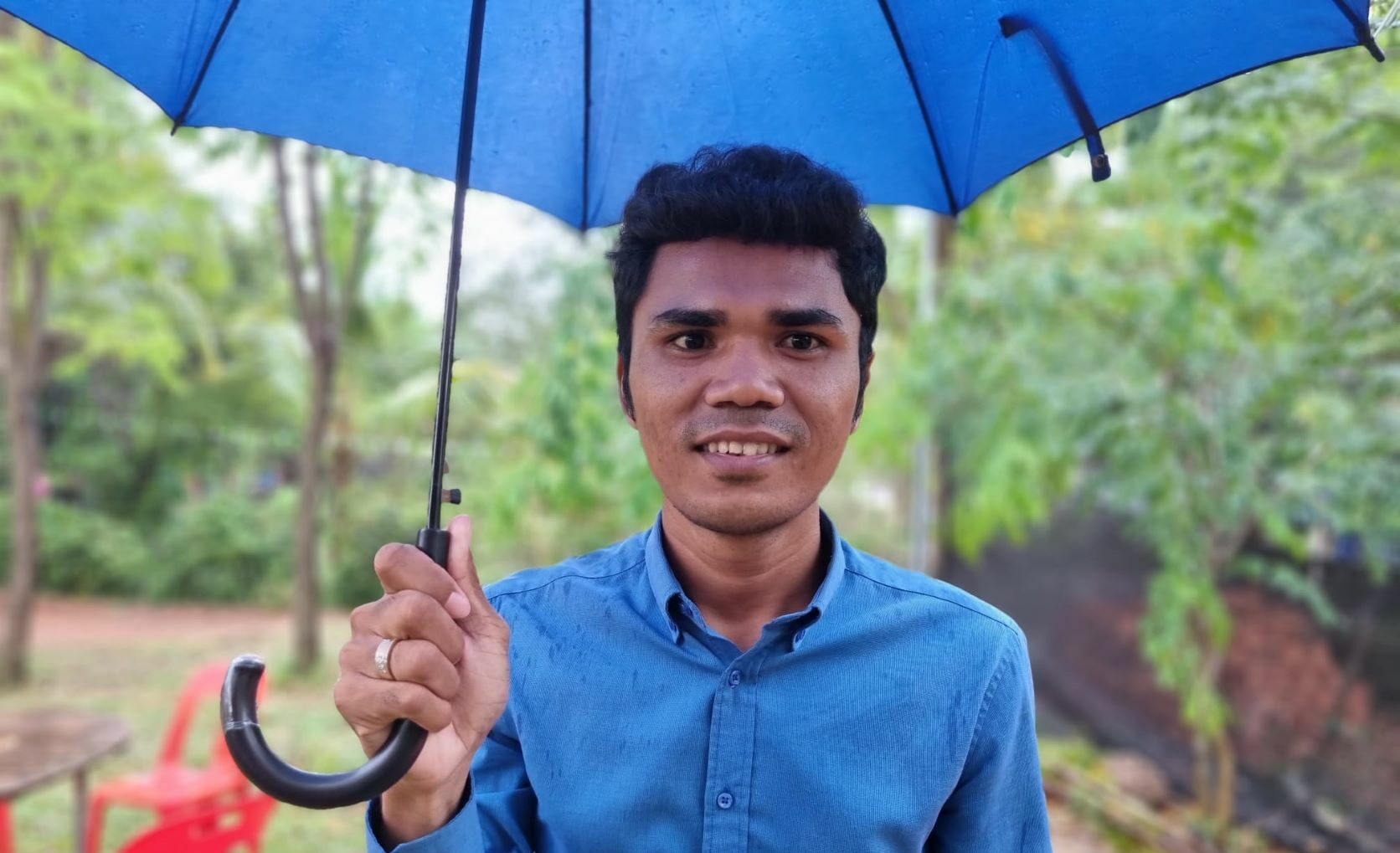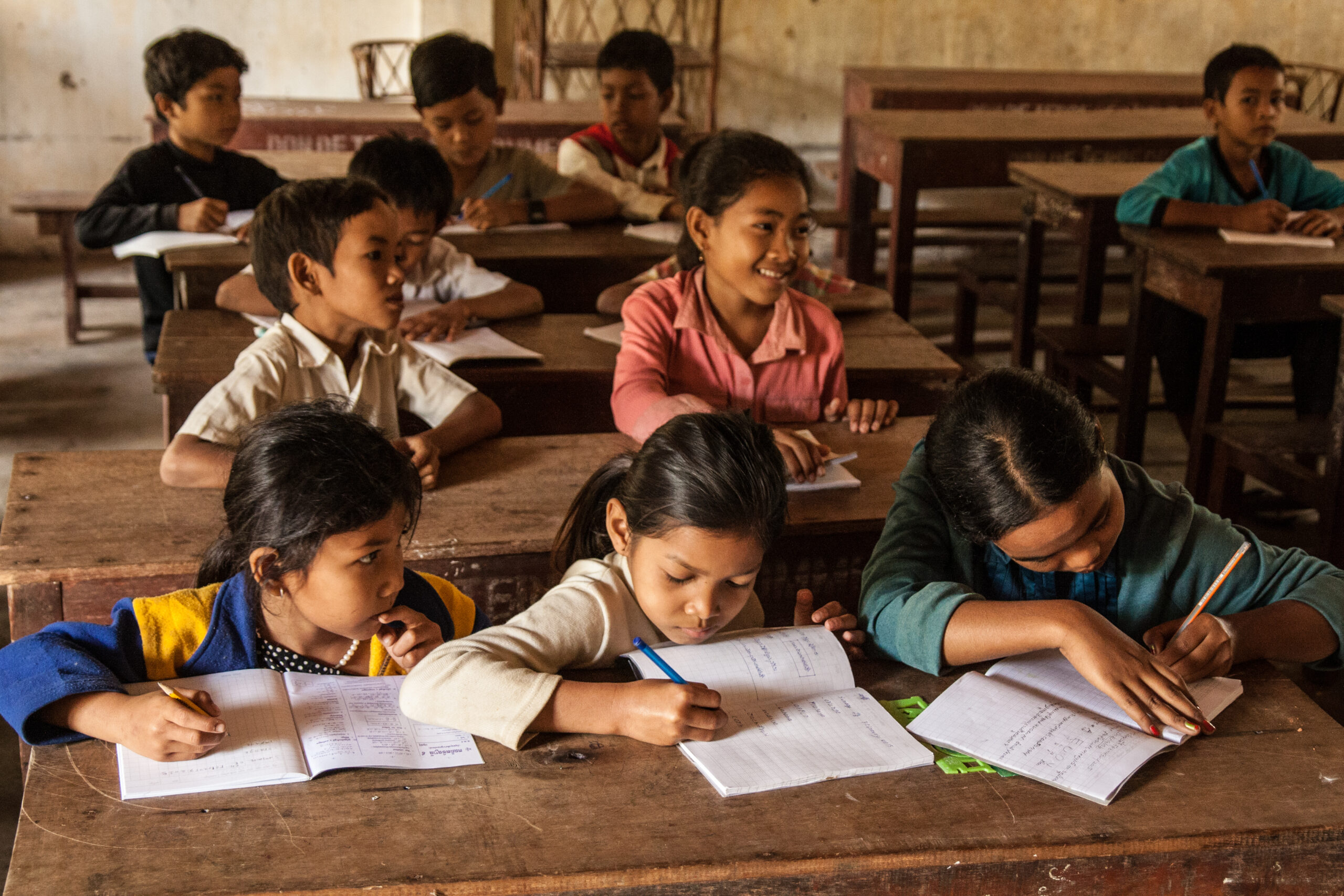
What are the Covid-19 impacts on the learning of Cambodian children?
The Ministry of Education, Youth and Sport (MoEYS) have revealed alarming new findings of learning loss experienced by Cambodian students during the pandemic. According to MoEYS‘ latest assessment where more than 6,000 students in 230 schools were assessed, it was revealed that students had fallen behind in their learning during the pandemic. Compared to the last learning assessment conducted in 2016, the percentage of students who could not demonstrate basic proficiency increased from 34% to 45% in the Khmer language and from 49% to 74% in Mathematics.
Gender Differences
Due to the pandemic, schools in Cambodia had to close for 250 days in both 2020 and 2021. Though it could be said all students experienced learning loss, the impact was not evenly distributed. Male students lost more learning and performed worse in testing: 55% of male students were assessed as not meeting basic proficiency in the Khmer language in 2021, compared to 34% of female students.
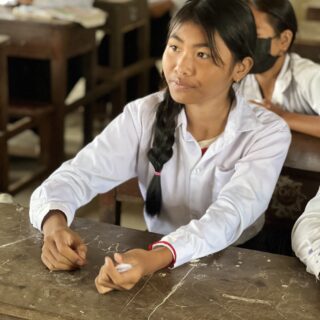
Subject differences
The assessment also showed while urban schools achieved better results than rural schools in 2021, they saw a more severe level of learning loss. There was a marked difference in the severity of loss across the two core subjects of Mathematics and Khmer language. Mathematics results were considerably worse than Khmer language results. This may be attributed to the fact that Mathematics often requires more in-person attention and support than the Khmer language, which was made difficult by school closures.
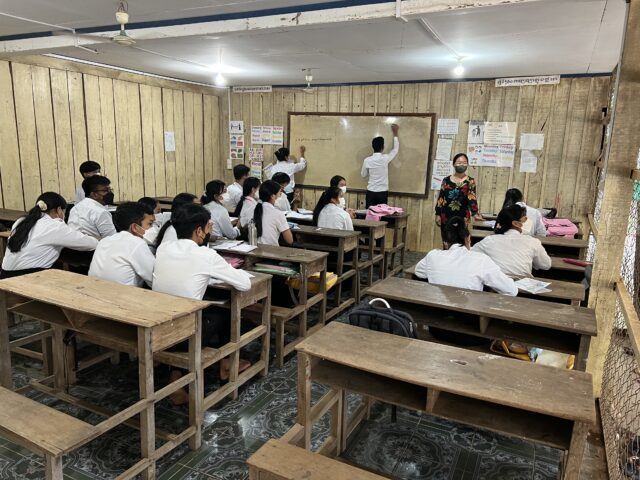
“These are worrying results,” said Dr. Hang Chuon Naron, Minister of Education, Youth and Sport. “We worked hard with all our partners to put in place remote learning measures for students when schools were closed during the pandemic. Studies have shown that these did help to maintain learning for many, but the study confirms that these activities simply couldn’t be enough to compensate for all that is lost by children when they are not learning in a classroom. It’s now time for us all to try and help Cambodian children catch up with the learning they have lost, a process that has begun but must now be accelerated with the support of every partner in the education sector.”
The next steps
As a result of the findings, the ministry hosted a Joint Technical Working Group Meeting with its education partners to devise a way forward. The ministry has since taken some crucial steps, such as mandating remedial lessons once schools reopen, though the Working Group agreed that lessons have to be expanded and strengthened to help students catch up. Remedial learning, or basic skills development, aims to strengthen skills and knowledge in a particular area of struggle. The meeting involved employees from UNICEF, MoEYS, Kampuchea Action to Promote Education (KAPE), VVOB and the Global Partnership for Education (GPE).
To support the idea of remedial learning, two thousand teachers have since been trained in using these resources. These numbers are expected to be on the rise in the coming months.
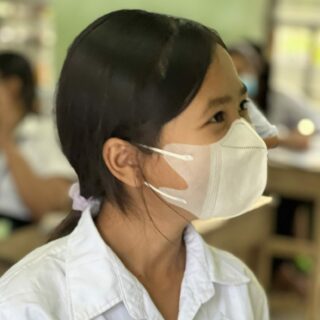
Learn more about our privacy policy here.
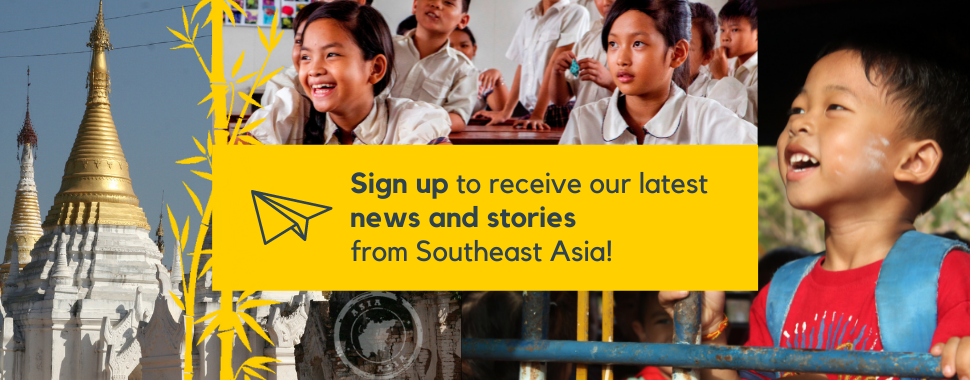
Globally, learning loss is perceived as one of the most damaging consequences brought by the pandemic. However, Cambodia is one of the few countries that have proved its extent with hard data. By stepping up the provision, duration and effectiveness of remedial learning, students can receive individual support where that is required to help them catch up with their education.
Learn more about what's happening in Cambodia


Our meeting with our sponsored child Vichika!
Kendall, Jonathan & Hugo are on a world tour with their family. They have been sponsoring the education of a little Cambodian girl, Vichika […]
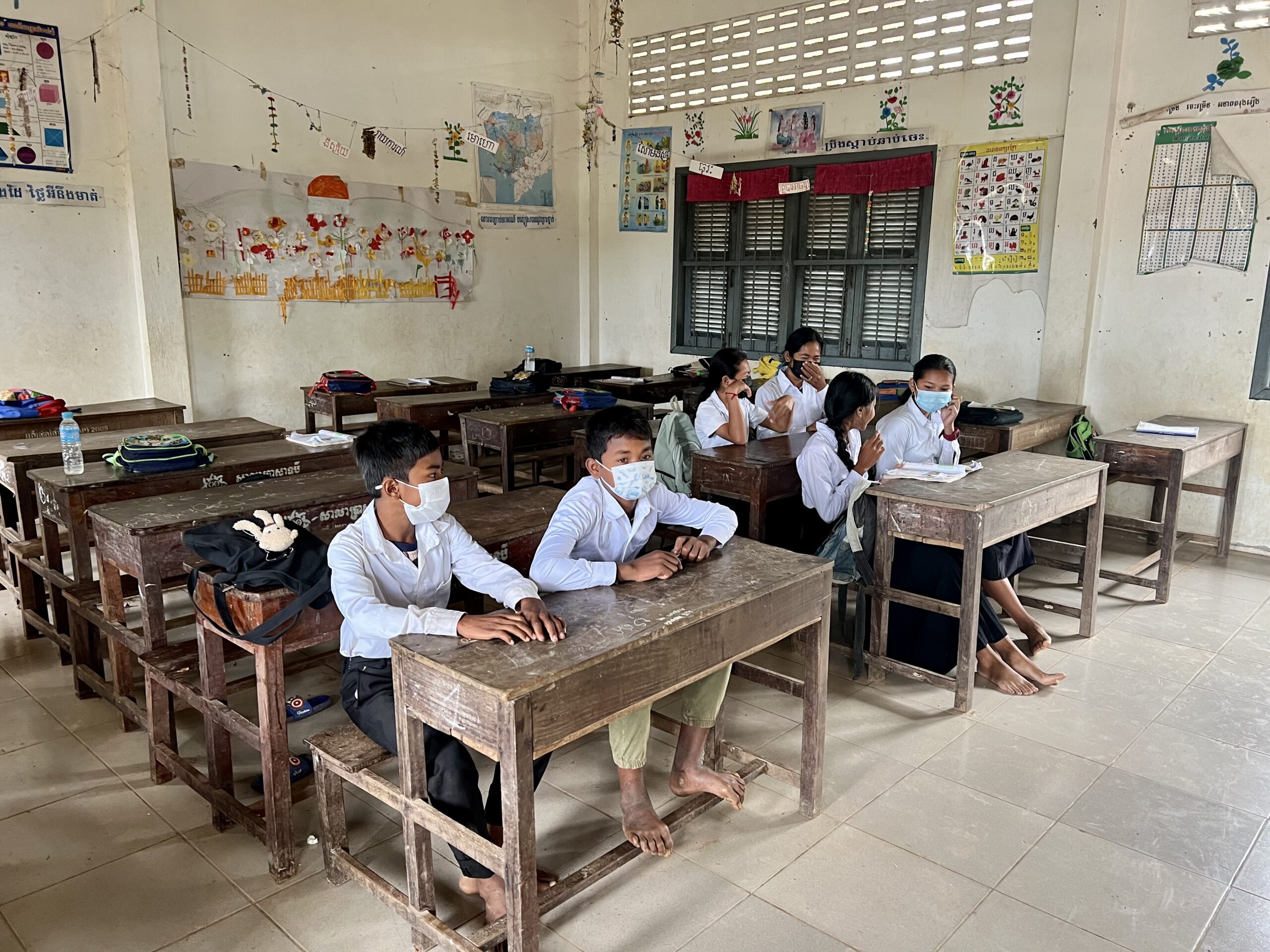
What are the Covid-19 impacts on the learning of Cambodian children?
Findings from the Ministry of Education, Youth and Sport (MoEYS) reveal the serious consequences of the pandemic on Cambodian children’s education. Author: Shi Xian
